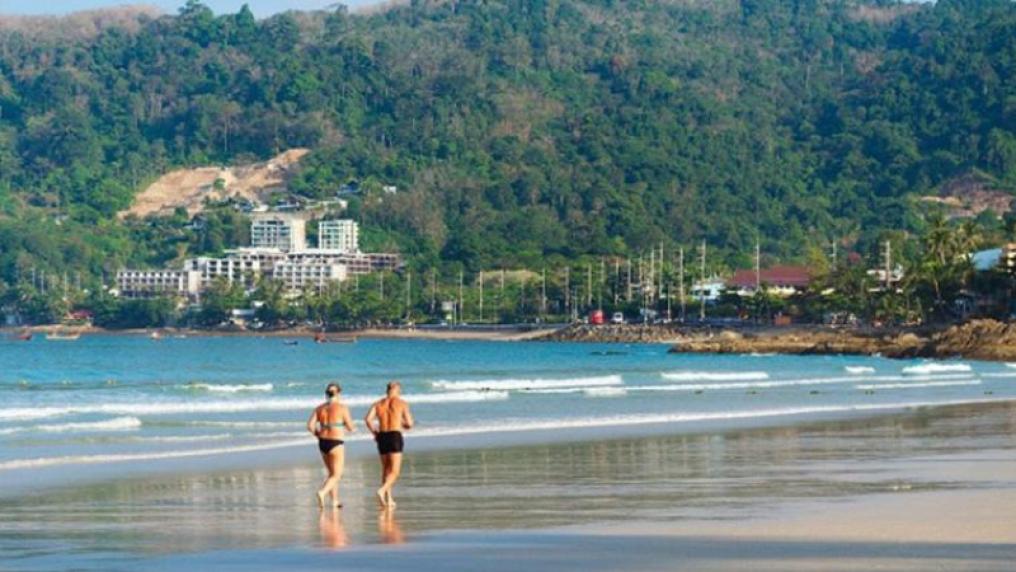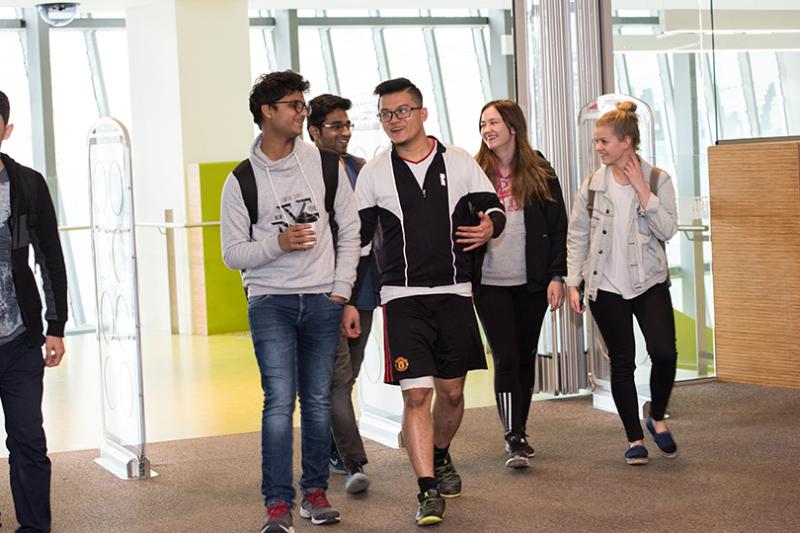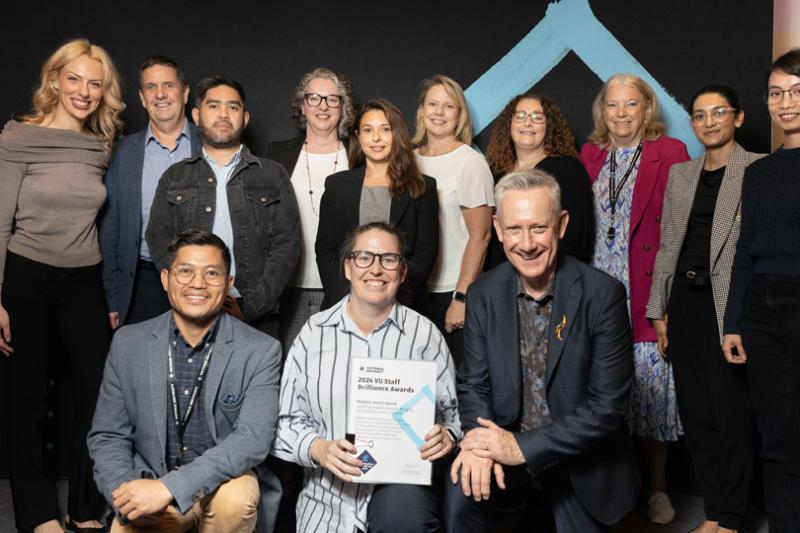Muscle mass is vital for healthy, active ageing

In the quest for healthy and active ageing, muscle mass is key and Victoria University (VU) lecturer and researcher Professor Alan Hayes, Deputy Director of the Australian Institute for Musculoskeletal Sciences (AIMSS), and Institute for Health and Sport has made many leading contributions in this field.
Your muscles are the key to healthy longevity, says Professor Hayes, as it is the major site of glucose disposal, helping to prevent the development of diabetes, and a major contributor to resting metabolic rate, thereby helping to maintain weight.
“Loss of skeletal muscle is often just seen as a natural consequence of ageing, but muscle wasting can occur through injury, during extended bed rest, as a consequence of genetic defects, such as muscular dystrophy, and secondary to almost all chronic diseases, particularly cancer, cardiovascular disease, COPD and diabetes,
” he says.
Professor Hayes says that there is no doubt that exercise is a key regulator of muscle function. “Thirty minutes a day of moderate and vigorous exercise five days a week, and resistance exercise two to three times a week, are well established exercise recommendations, even in older people. However, we also know that it is not always possible for everyone to exercise.
“While many people look to pharmacological interventions, our group is interested in more natural interventions. Good quality protein, with intake spread throughout the day, is an important consideration,
” he says.
“Our previous work has indicated that taking protein in the hours surrounding exercise will give you more ‘bang for your buck’, but the general recommended daily intake for protein is generally to prevent deficiency, not designed for optimal muscle function.
“Our recent work has also been investigating the EAT-Lancet diet, which advocates reducing animal protein in exchange for plant protein. Animal protein increases and maintain muscles more efficiently than plant protein so we need to consider the effect that changing our diet may have on muscle mass and function.
”
Professor Hayes says that the role of vitamin D is particularly interesting. “Calling it a vitamin is a misnomer. Given its multitude of effects in a number of tissues, its actions are consistent with being a hormone.
“In the COVID world of lockdowns, not only are people less active, which has an impact on skeletal muscle mass and function, but they are not getting outside in the sunlight.
“Sunlight is the major mechanism by which our body produces vitamin D and, while there is plenty of evidence that replenishing vitamin D in those who are deficient can reverse muscle weakness and fatigue, we have evidence that vitamin D may sensitise muscles to exercise and/or exercise can protect muscles against potentially deleterious effects of elevating vitamin D levels too quickly,
” he says.
National Science Week
National Science Week 2021 continues until 22 August. It is Australia's annual celebration of science and technology – held every August.



